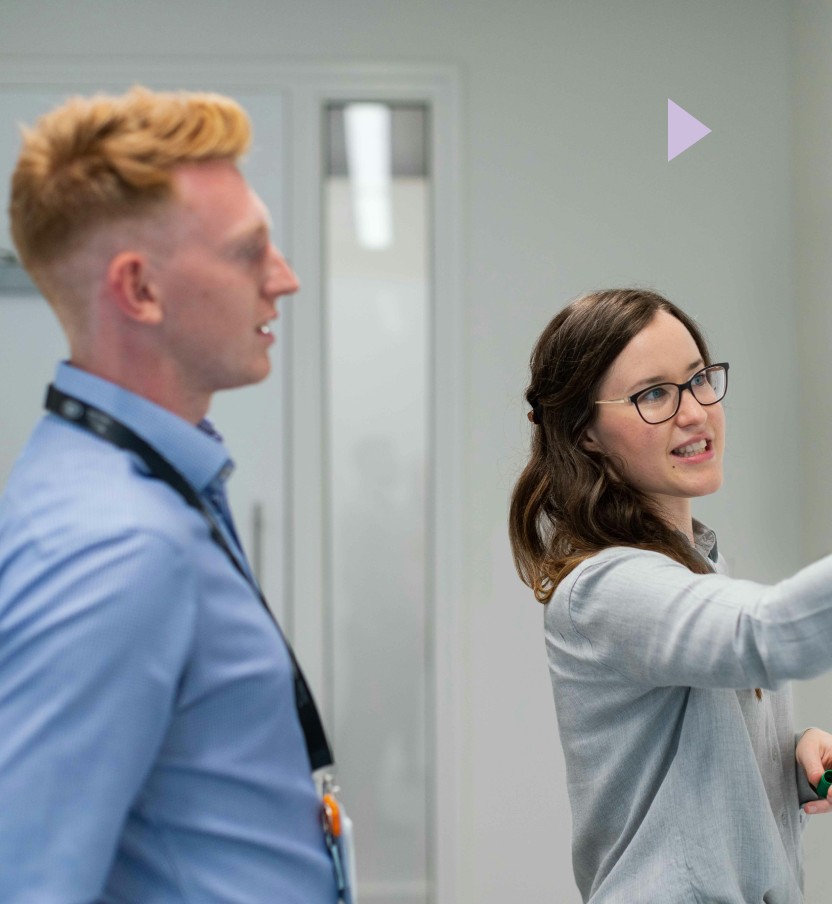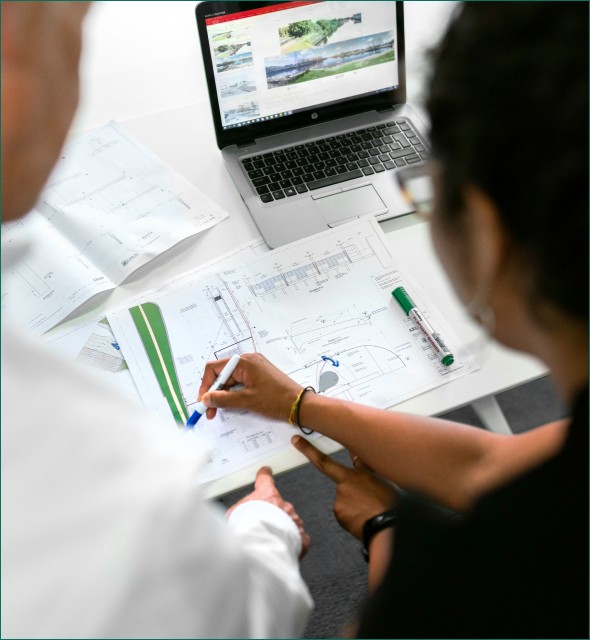




The EESF project is centred on weaving sustainability into the fabric of engineering education, advancing beyond simple operational enhancements to impact the fundamental learning journey. This initiative is spurred by the global imperative of SDG 4.7, stressing the necessity for all learners to acquire skills and knowledge that champion sustainable development, and is in line with broader schemes such as the EU Green Deal and various national education strategies.
The project is a response to the increasing demand from both industrial and research sectors for graduates well-versed in sustainability, tackling the challenge of infusing such vital subjects into the stringent frameworks of engineering curricula. Through a meticulous and evidence-supported methodology, EESF not only aligns with worldwide sustainability goals but also ensures the continuing relevance and merit of engineering education, preparing students to be informed, active, and responsible global citizens.
The EESF project addresses the critical need to embed sustainability within engineering education, responding to SDG 4.7 and the EU Green Deal's call for equipping learners with sustainable development skills by 2030. Recognising advances in reducing environmental impacts, the project underscores the urgency of integrating sustainability into engineering curricula to meet increasing business demands for skilled graduates.
It tackles the challenge of incorporating new sustainability topics into the rigid frameworks of engineering courses, requiring evidence-based teaching methods. EESF aims to ensure engineering education remains relevant and produces graduates ready to contribute to the global sustainability effort, aligning academic outcomes with industry needs and societal expectations in a more compact and concise manner.
The EESF project aims to infuse sustainability into engineering education at several HEIs, aligning with the 2030 SDGs. Its goal is to prepare undergraduates to apply their engineering skills towards societal challenges and SDG achievement.
The project's core involves stimulating innovative teaching methods, fostering an environment-centric approach, combating climate change, and enhancing students' civic engagement with sustainability.

Key objectives include training 40 teaching staff to integrate SDGs into courses, engaging 200+ students in SDG-focused activities to become sustainability advocates, implementing quality strategies for impactful sustainability competences, and promoting EESF outcomes for broader educational integration.
The project will deliver a Discovery Report on engineering and SDGs, a review paper on sustainability competences, OERs for educators, an Educator’s Guide for OER application, and an EU Online Conference to share successes and encourage the adoption of EESF initiatives across Europe.



Our target group for this project includes three main types of people and organisations:
This group is diverse in age, academic experience, and study areas, generally proficient in technical English with varied understanding of sustainability. While open to updating teaching practices, they require evidence-based methods and effectiveness proof due to their scientific mindsets.
Comprising young adults typically aged 18-23, these students are engaged in undergraduate programs across various engineering disciplines. They represent a broad spectrum of learning modes, including full-time, part-time, in-person, hybrid, or digital classes, and share a common need for a comprehensive grasp of sustainability skills relevant across all engineering fields.
This group includes university networks focusing on skill mismatch solutions, vocational education and training (VET) colleges offering post-secondary education, and companies providing continuous vocational education and training (CVET) and professional training. This group is directly impacted by the project’s objectives and outcomes.
Engineers in the workforce, particularly those interested in professional development and upskilling, fall into this category. The project aims to engage with professional organisations active in sustainability, such as Engineers Ireland, to promote its objectives and results within the industry.